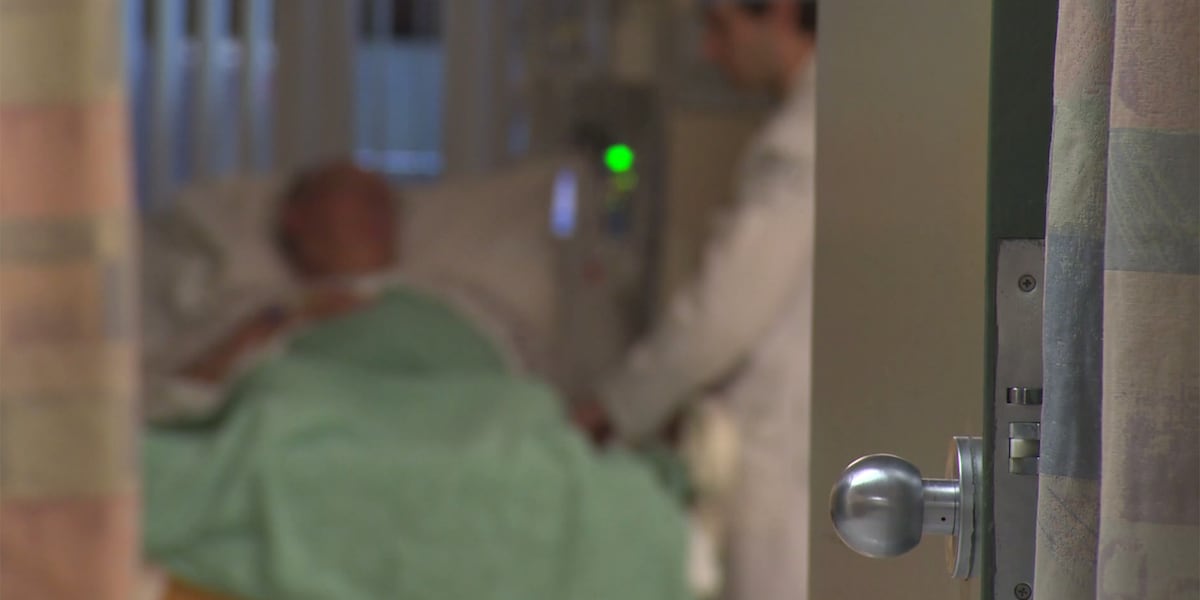Elective Surgery Shift Sparks Training Concerns for NZ Surgeons

New Zealand's health sector is facing potential challenges as Health NZ's plan to shift thousands of elective surgeries to private hospitals comes under scrutiny. While the move aims to reduce waitlists and improve patient access, concerns are mounting about the impact on the training of future surgeons.
The plan, part of a broader restructuring of the healthcare system, intends to utilise the capacity of private facilities to alleviate the pressure on public hospitals. This is particularly welcome given the ongoing strain on the system, exacerbated by workforce shortages and increased demand.
However, officials within the surgical training sector are raising a significant alarm: if a large proportion of routine elective surgeries – procedures like hernia repairs, gallbladder removals, and some joint replacements – are conducted in private hospitals, trainee surgeons will have considerably fewer opportunities to gain vital experience. These 'straightforward' operations, while seemingly simple, are crucial for building foundational surgical skills and confidence.
“The concern is that if these cases are predominantly performed in the private sector, our registrars (trainee surgeons) will be deprived of the hands-on training they need to become competent and skilled surgeons,” explained Dr. Eleanor Vance, a senior surgical educator. “It’s not just about performing the surgery; it’s about learning to manage complications, making critical decisions under pressure, and developing a deep understanding of surgical anatomy and technique.”
The current system relies on a balance between public and private practice, with trainee surgeons rotating through both settings to broaden their exposure. Shifting a large volume of elective cases to private hospitals risks disrupting this balance and creating a 'two-tiered' system where trainees are primarily exposed to simpler cases, potentially hindering their development.
Health NZ acknowledges the concerns and insists it is committed to ensuring adequate training opportunities for future surgeons. However, specific plans to mitigate the potential impact are still being developed. Suggestions include dedicated training blocks within private hospitals, increased supervision by experienced surgeons, and potentially utilising simulation technologies.
The debate highlights a complex challenge: how to improve patient access to timely surgery while safeguarding the quality and future of surgical training. Finding a sustainable solution that addresses both priorities will be critical for the long-term health and well-being of New Zealanders.
Key Considerations:
- Workforce Planning: Addressing the underlying workforce shortages is paramount.
- Training Pathways: Innovative training models need to be explored to ensure trainees receive comprehensive experience.
- Collaboration: Strong collaboration between public and private sectors is essential.
The coming months will be crucial as Health NZ finalises its plans and engages with stakeholders to address these concerns and ensure a robust surgical workforce for the future.






